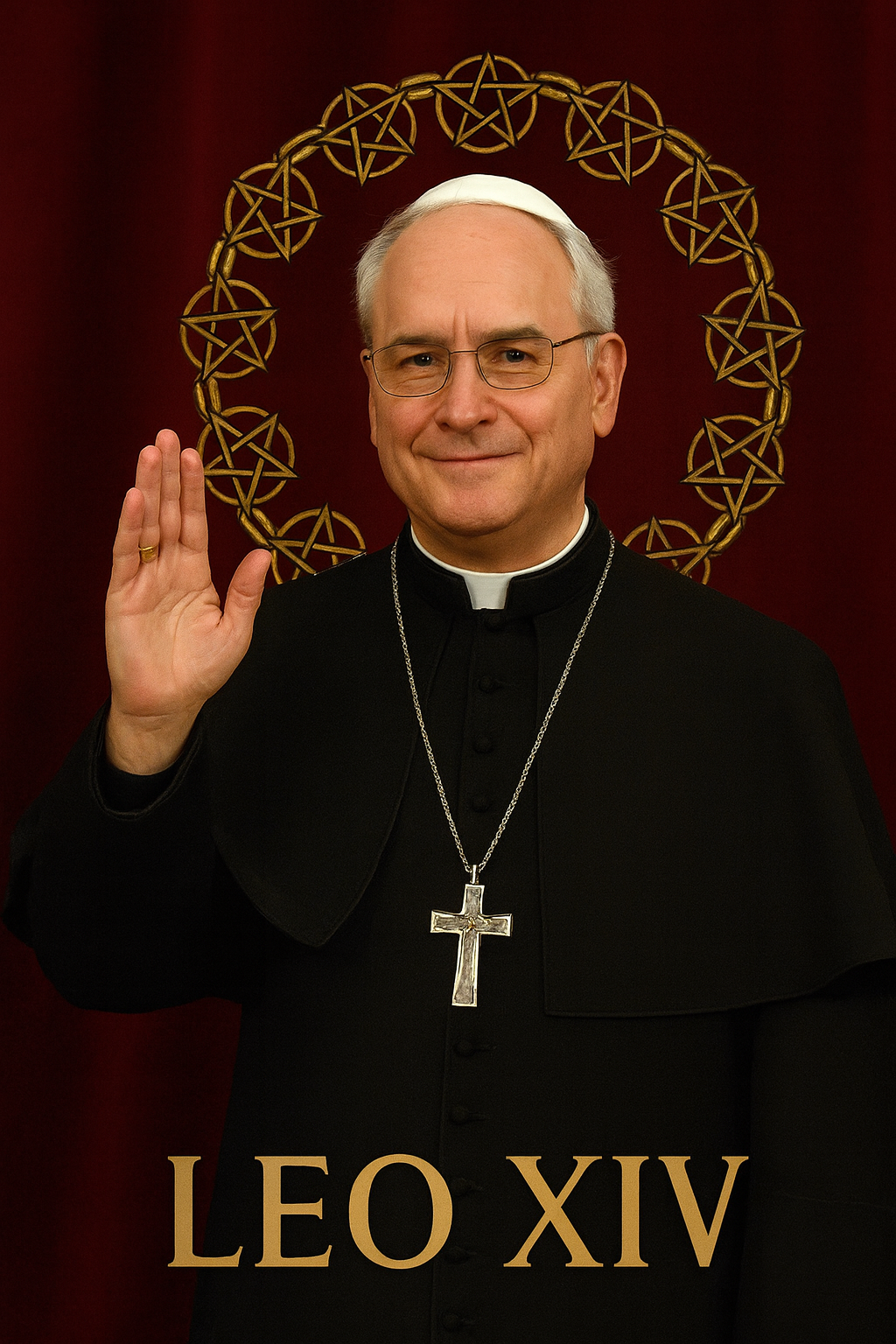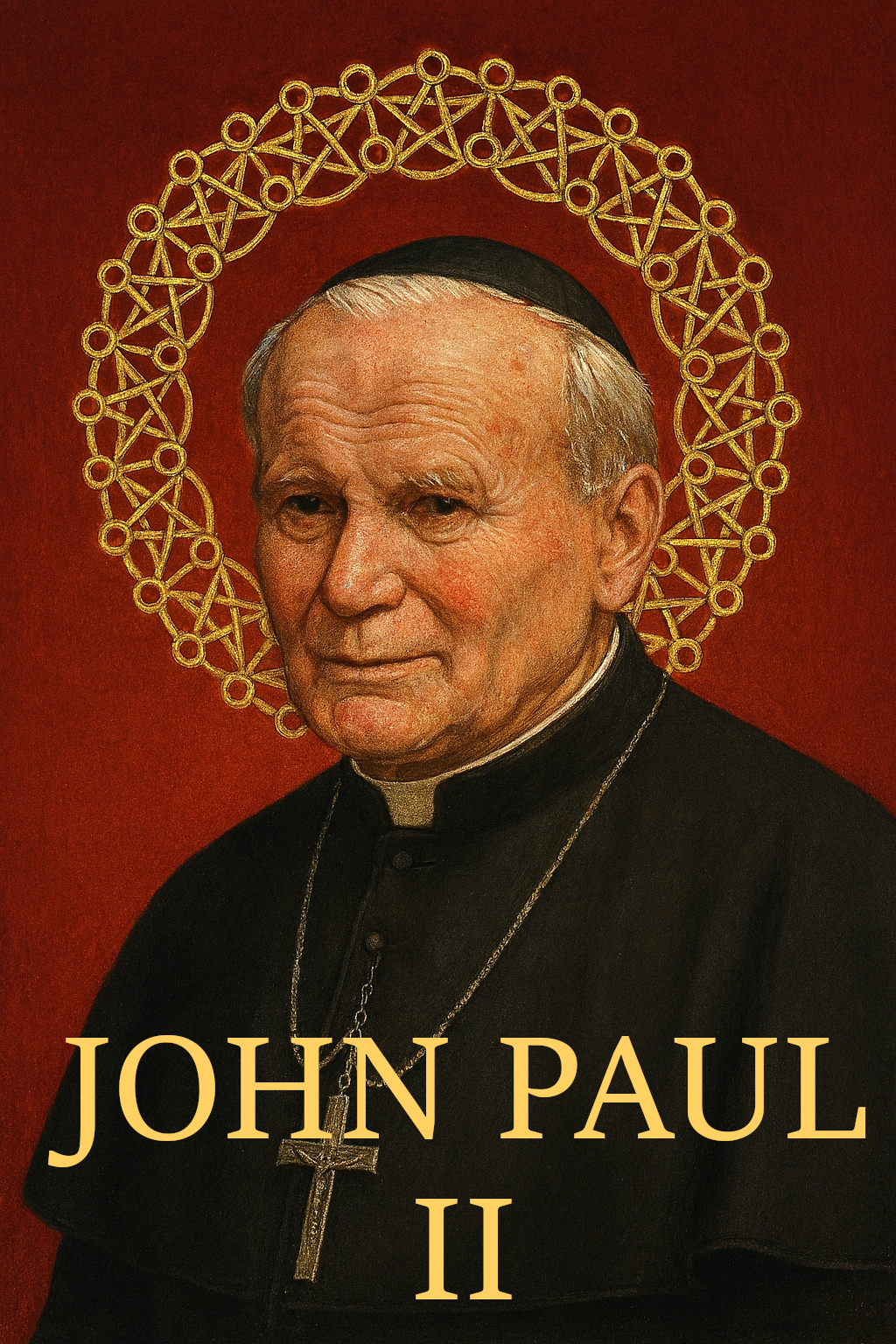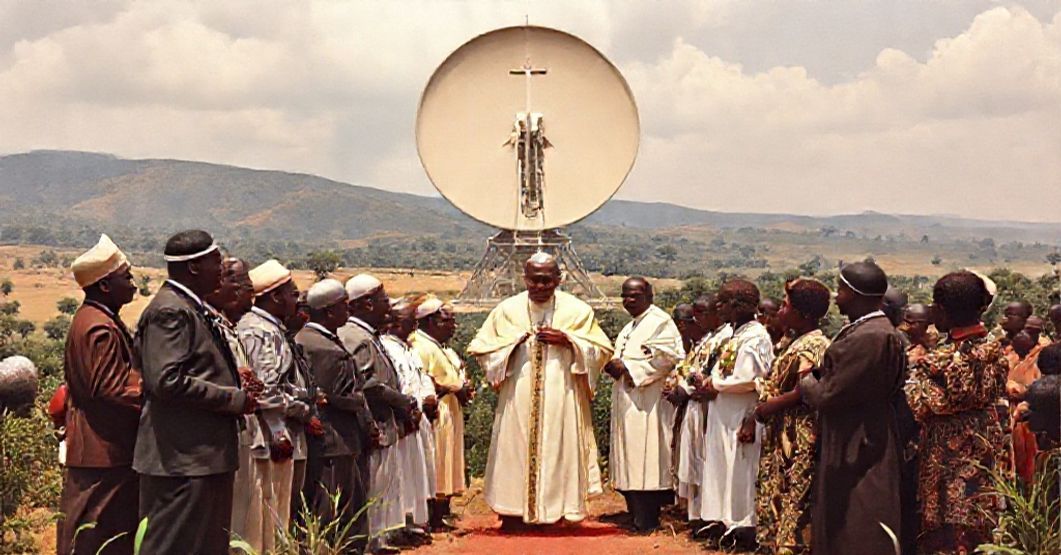Antipopes of the Antichurch



















Timeline of this heretical pontiff
Encyclical Letters
+ 15 posts1959
+ 7 posts1961
+ 4 posts1962
+ 2 posts1963
+ 2 postsApostolic Exhortations
+ 3 postsApostolic Constitutions
+ 93 posts1958
+ 6 posts1959
+ 87 postsMotu Proprio
+ 15 posts1958
+ 1 posts1959
+ 1 posts1962
+ 11 postsApostolic Letters
+ 151 posts1958
+ 4 posts1959
+ 63 posts1960
+ 78 posts1961
+ 1 posts1962
+ 4 posts1963
+ 1 postsSpeeches
+ 99 posts1958
+ 2 posts1959
+ 26 posts1960
+ 29 posts1961
+ 16 posts1962
+ 24 postsMessages
+ 6 posts1959
+ 4 postsHomilies
+ 4 postsLetters
+ 152 posts1958
+ 1 posts1959
+ 48 posts1960
+ 32 posts1961
+ 31 posts1962
+ 30 posts1963
+ 10 postsNot categorized
+ 1 posts1958
+ 1 postsNews feed


LA NUNTIUS RADIOPHONICUS (1961.10.07)
Venerable Brothers and beloved children of the Philippine Islands are congratulated by John XXIII on the inauguration in Rome of the Pontifical Philippine College, praised for its beauty, generosity of benefactors, and its role in forming seminarians “near the See of Peter” so that they may return as chosen heralds of truth to their homeland; he exhorts perseverance in the received faith, fervent prayers and support for priestly vocations, insisting that the people’s salvation depends especially on the sacred clergy. This seemingly pious allocution, however, is a distilled manifesto of the conciliar sect’s program: transferring the center of gravity from the divine, immutable Church to a neo-church around a manifest heretic, instrumentalizing the Philippines for the coming revolution, and replacing the supernatural priesthood with a Romanized apparatus of future collaborators of apostasy.


Africae populis (1961.11.06)
Vatican Radio’s Latin message of John XXIII to the peoples of Africa at the inauguration of a new transmitter is, on its surface, a courteous greeting, congratulating emerging African nations, invoking “joy,” “peace,” and “true liberty,” and clothing the initiative of expanded broadcasts in pious phrases and Pauline citations; yet precisely in its tone, omissions, and political-humanitarian framing it manifests the programmatic shift of the conciliar revolution: the reduction of the Church’s supernatural mission to natural well‑being and de facto benediction of de‑Christianized, Masonic “liberation,” without a single clear call to the only salvific order of the Kingship of Christ and membership in the one true Church.


LA IOANNES PP. XXIII NUNTIUS RADIOPHONICUS (1960.08.07)
John XXIII’s radiophonic message to the 1960 International Eucharistic Congress in Munich praises Bavaria’s Catholic heritage, extols the Most Holy Eucharist as the source of supernatural life for individuals, families, society, and the whole Church, calls for Eucharistic fervor, invokes peace among nations and respect for the “rights of the Church and human dignity,” and expresses particular solicitude for religious unity in Germany, culminating in a pious-sounding prayer to Christ in the Eucharist.


A A A LA IOANNES PP. XXIII NUNTIUS… JAPONIAE (1959.02.16)
The radiophonic message of John XXIII to the Catholics in Japan (16 February 1959) is a short, apparently devout greeting: a benevolent apostolic-style exhortation to Japanese hierarchy and faithful, praise for Japanese culture, and a pious prayer invoking Christ as light of the world and the intercession of the Blessed Virgin for the Japanese people. Beneath this thin layer of pious vocabulary lies the inaugural rhetorical matrix of the conciliar revolution: admiration of natural virtues without a clear call to conversion to the one true Church, a silent relativization of the absolute necessity of the Catholic Faith and the social Kingship of Christ, and the early public self-presentation of John XXIII—already preparing Vatican II—as universal chaplain of a humanist brotherhood rather than as guardian of the uncompromising doctrine defined by his predecessors.
Varia
Announcement:
– News feed –implemented
– Antipopes separate web sites with their all documents refutation – in progress
